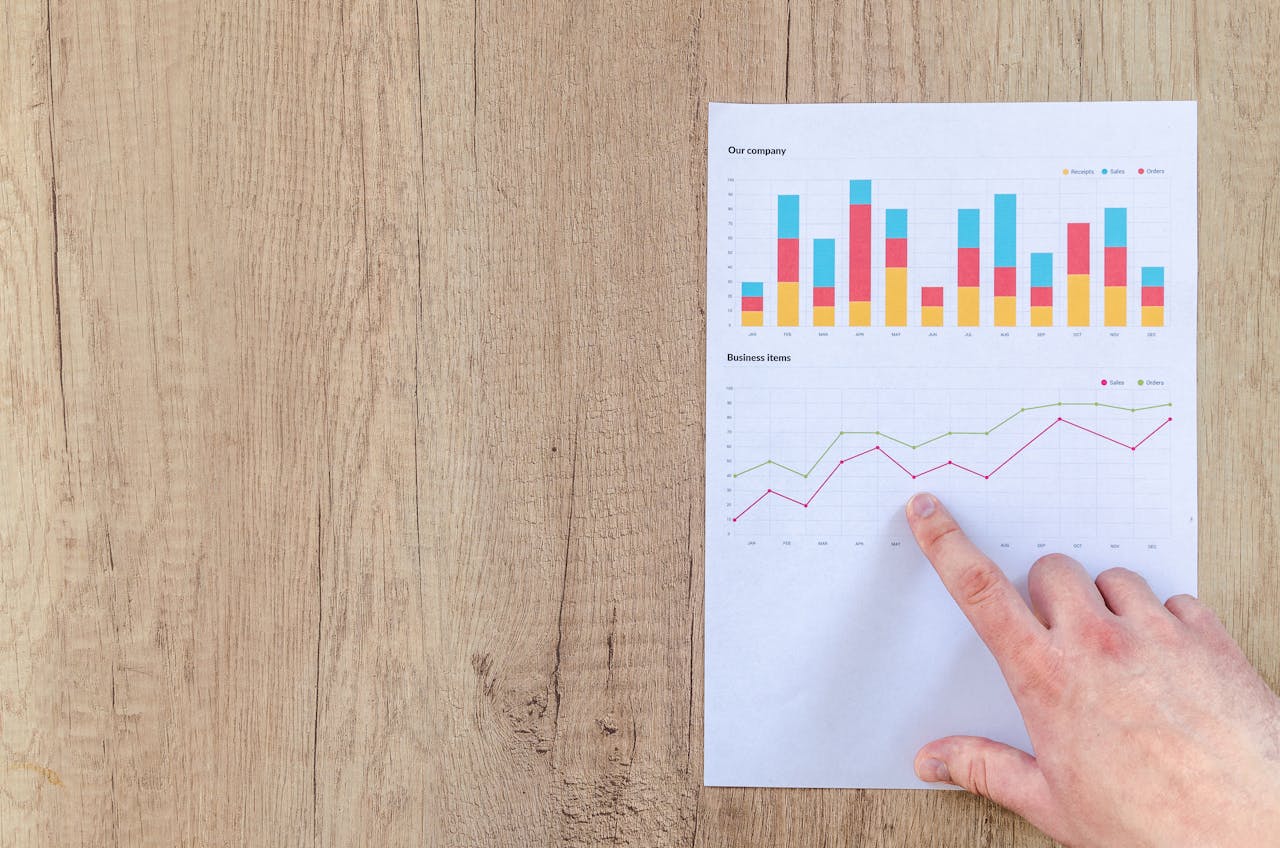Cash Accounting
As soon as a financial transaction is complete, cash accounting records expenses and payments. This is true for both receiving money and paying bills
Pros:
Simplicity: Cash accounting is simple, especially for small enterprises and sole proprietors, and straightforward to grasp and implement.
Cash Flow Management: It provides a clear picture of cash flow since it only records transactions when cash changes hands.
Tax Benefits: Recognizing income only at the time of receipt can sometimes delay tax liabilities.
Less Administrative Work: Compared to accrual accounting, fewer records and paperwork are required.
Cons:
Inaccurate Financial Picture: Because cash accounting ignores accounts receivable and payable, it may not provide a true picture of a company’s financial health.
Timing Issues: The timing of cash flows can lead to misleading information about the profitability and financial situation.
Not GAAP Compliant: The Generally Accepted Accounting Principles (GAAP) do not allow cash accounting, limiting its use to larger businesses and those that require audited financial statements.
Limited to Small Businesses: For a more accurate financial picture, larger businesses and those with inventory are generally required to use accrual accounting.
Even though cash basis accounting could be easier to understand, it might also prevent you from making more strategic business decisions. You might need to consider switching from the cash approach to the accrual method as your business expands. When weighing the benefits and drawbacks of each approach, consider your specific business before making any adjustments.
This post provides just informational value; it does not offer legal, commercial, or tax advice. Regarding issues covered in this essay, each individual should speak with their own attorney, business counsel, or tax advisor. Bench disclaims responsibility for acts performed in dependability on the information provided here.
